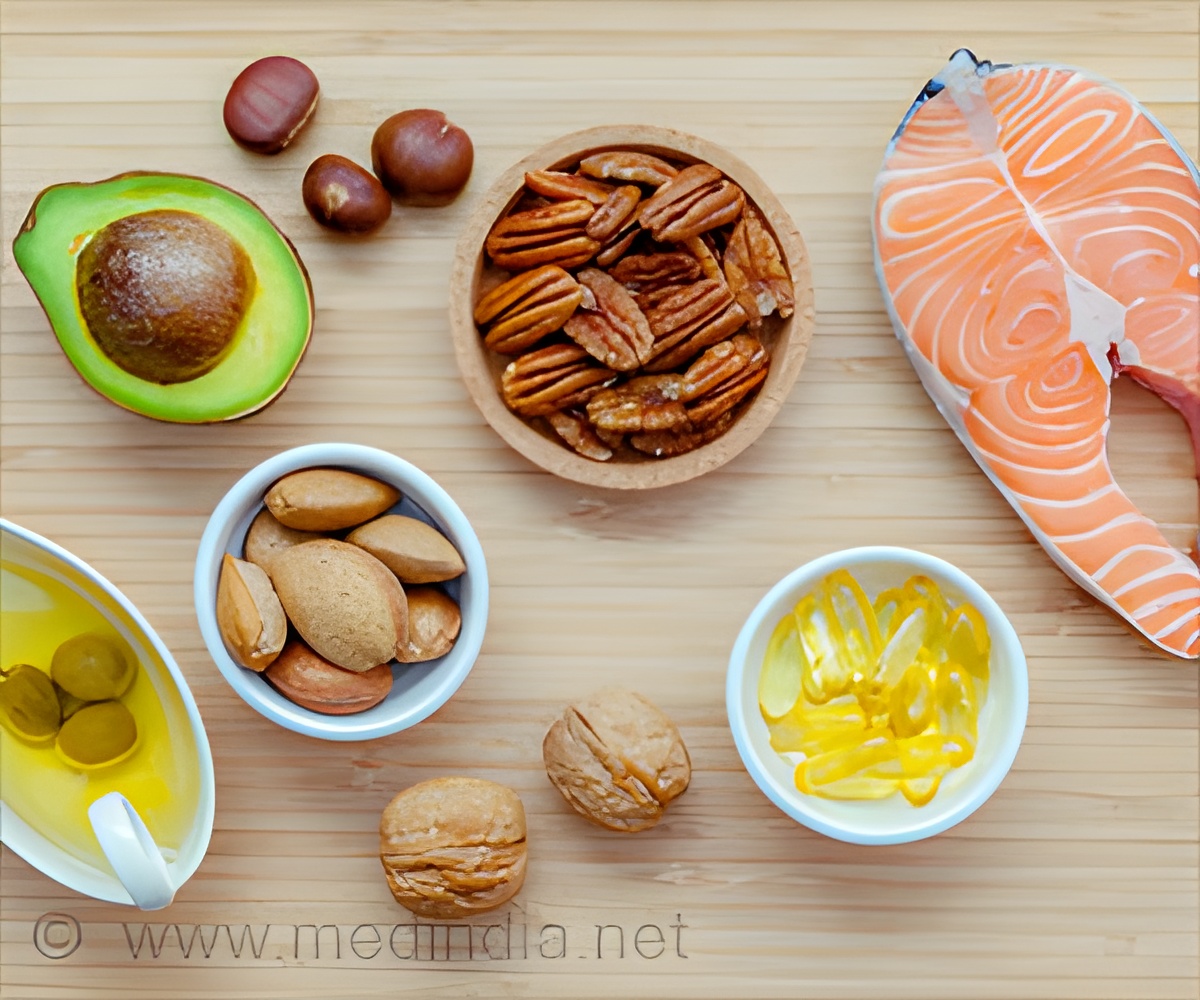The structure and function of the brain continue to change throughout adolescence. A diet that lacks omega-3 fatty acid may affect behavior and brain in adulthood.

‘Diet during adolescence that lacks omega-3 fatty acids may increase the risk of memory loss in adulthood.’





The structure and function of the brain continue to change throughout adolescence, at the same time that teenagers gain increasing independence and begin to make their own food choices. Since high-calorie, low-quality diets tend to be more affordable than healthy ones, teenagers may opt for foods that lack key nutrients important for brain health such as omega-3 polyunsaturated fatty acids (n-3 PUFAs), which cannot be produced by the human body and must be obtained from foods such as fish and vegetables.
Oliver Manzoni and colleagues fed mice a balanced diet until early adolescence, when some mice were switched to a diet lacking n-3 PUFAs.
Mice fed the poor diet during adolescence had reduced levels of n-3 PUFA in the medial prefrontal cortex and the nucleus accumbens in adulthood compared to control mice.
The low-quality diet impaired the brain's ability to fine-tune connections between neurons in these regions.
Advertisement















